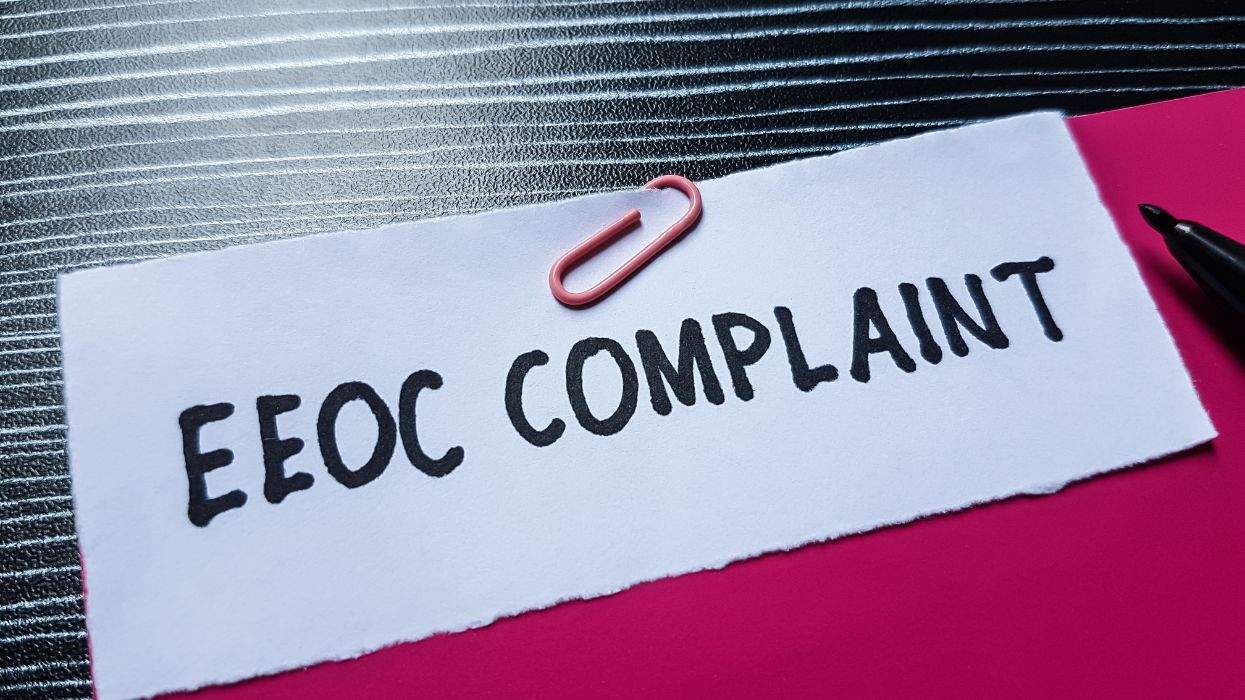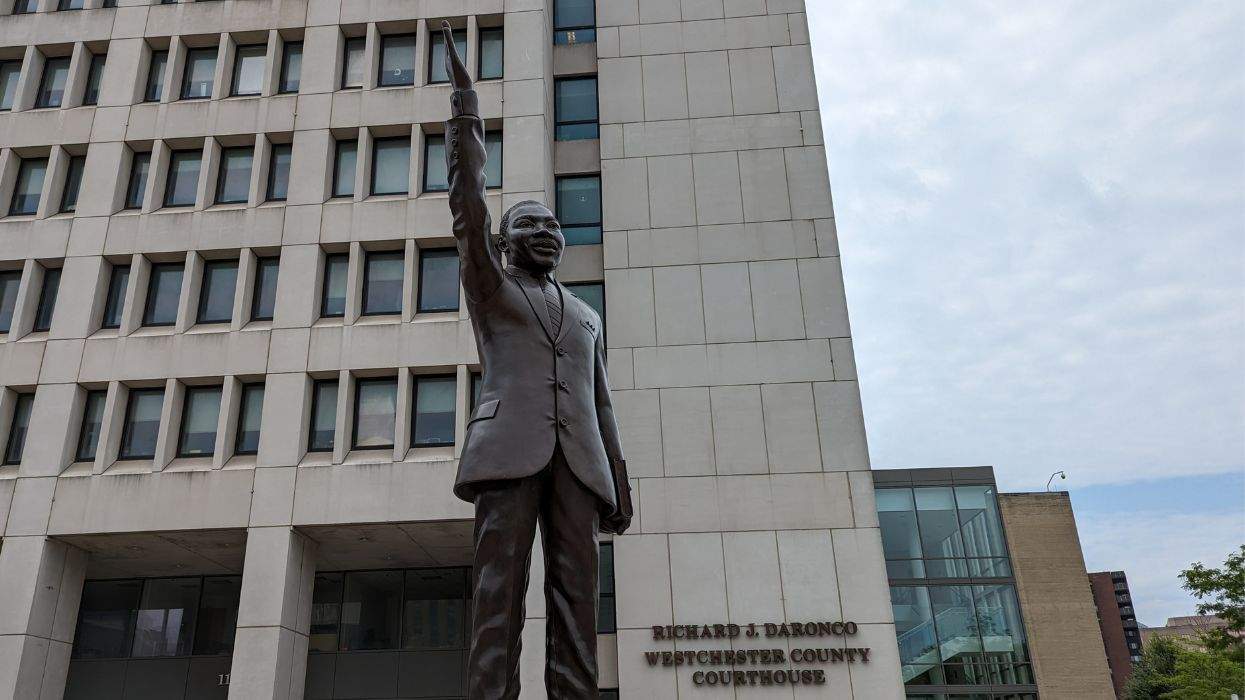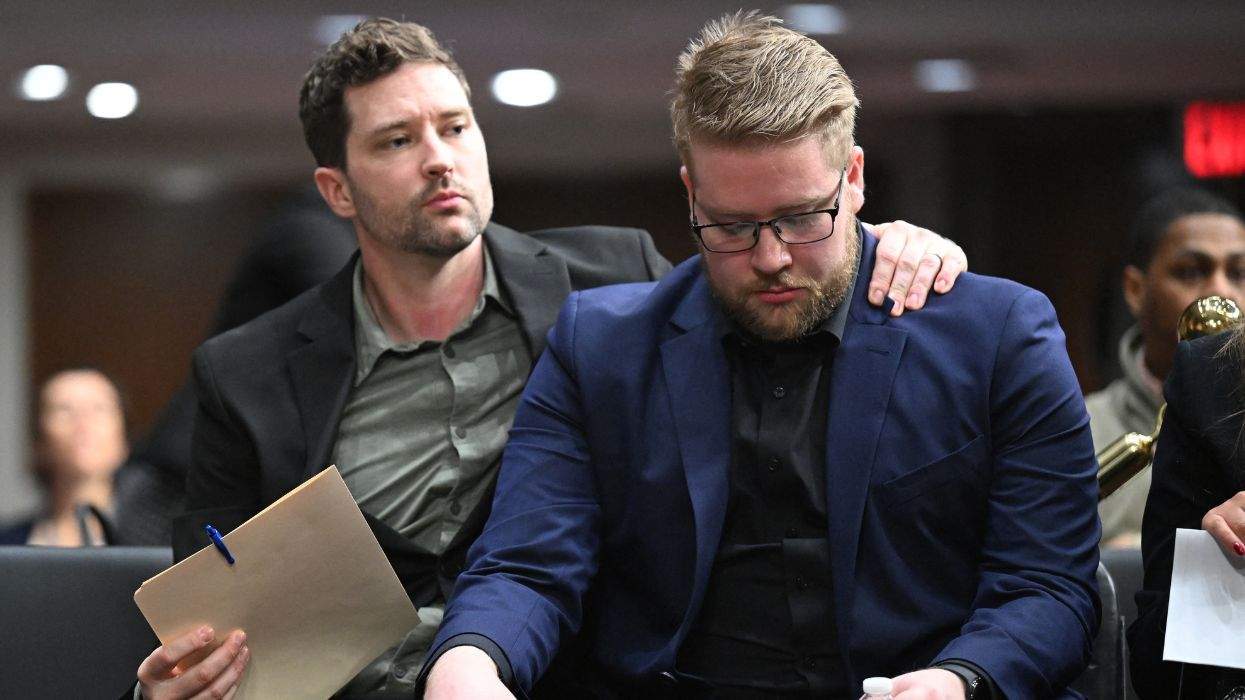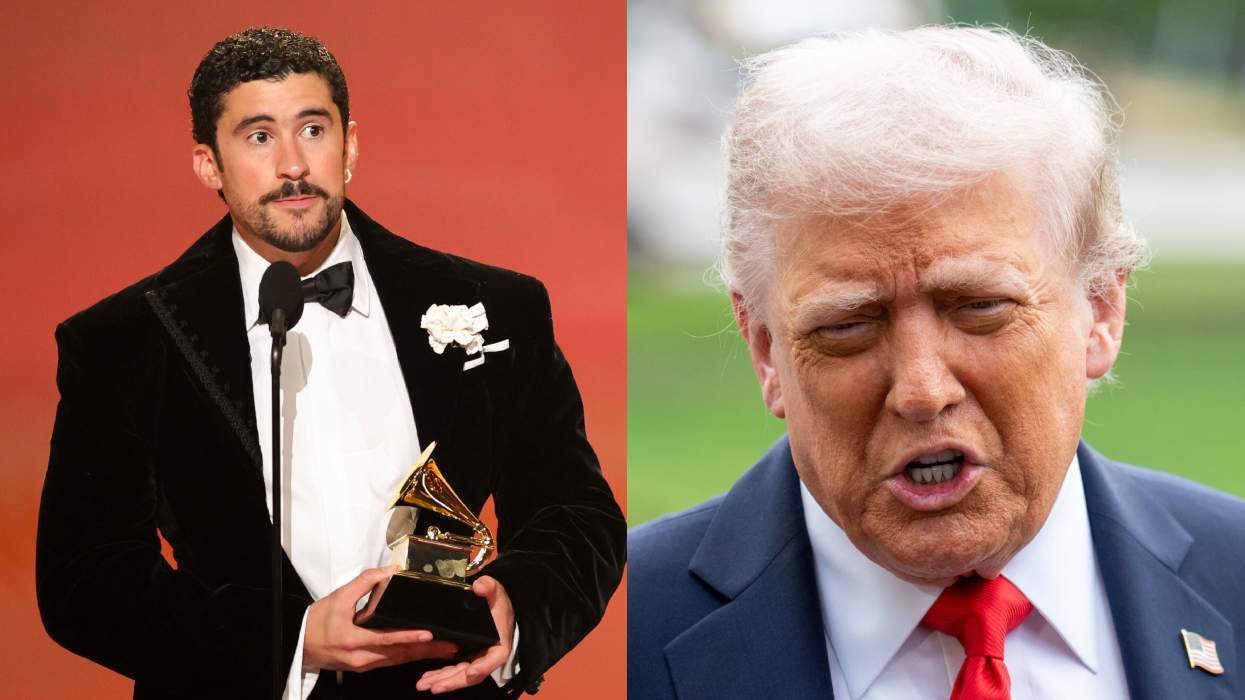Halfway through an otherwise cordial debate, Delaware senator Joe Biden raised an issue generally left unaddressed by the other Democratic candidates: Bill Clinton's complicated legacy as president and how it might affect Hillary Clinton's chances of winning her own election to the White House.
''There's a lot of very good things that come with all the great things that President Clinton did, but there's also a lot of the old stuff that comes back,'' Biden said. ''When I say old stuff, I'm referring to policy -- policy.''
In a two-hour debate that touched on the Iraq war, Iran's nuclear program, Social Security, and even the Red Sox-Yankees baseball rivalry, Biden's comment was the most direct challenge to Hillary Clinton and the growing sense of inevitability surrounding her candidacy.
With just four months to go before voting begins, analysts had expected the other candidates, notably Barack Obama and John Edwards, to use the debate to sharply question Clinton's record and electability. But most avoided any pointed attacks, with Obama and Edwards mostly reiterating their long-held argument that the former first lady is the candidate of the status quo.
Recent polls show Clinton widening her lead nationally and in most early states, including New Hampshire, where the candidates debated at Dartmouth College. Obama is running a distant second here, Edwards third, and others trying hard to break out of single digits.
But it was Biden's remark that laid bare a central quandary about Hillary Clinton's candidacy: whether she can justifiably take credit for her husband's successes while sidestepping the controversies and lingering questions that make some voters wary of another Clinton presidency.
''Bill Clinton had a big role tonight -- he got more time in the debate than some of the candidates,'' Democratic strategist Dan Newman said. ''His presidency is a critical part of both Hillary's experience argument and Obama's argument about the need for change.''
For the most part, the former first lady nimbly toggled back and forth -- generally embracing her husband's legacy while drawing some distinctions.
She praised his fiscal responsibility as president, noting he had left a balanced budget and surplus and had developed a plan to keep Social Security solvent until 2055.
''I thought Bill was a pretty good president,'' she said when asked if voters may be tiring of a succession of presidents named Clinton and Bush.
But Clinton distanced herself from her husband as well, most notably when asked if she would ever approve torturing a suspected terrorist to prevent the detonation of a ''big bomb.'' She said no, but moderator Tim Russert pointed out Bill Clinton had proposed such a possibility in an interview last year.
''Well, he's not standing here right now,'' she said, and the audience applauded.
''I'll talk to him later,'' she said, when Russert pressed her on the matter.
On Thursday, Clinton's campaign acknowledged that she has reversed course. Last October, Clinton told the New York Daily News that that the ''ticking time bomb'' scenario would be a narrow exception to her opposition to torture.
''Upon reflection and after meeting with former generals and others, Senator Clinton does not believe that we should be making narrow exceptions to this policy based on hypotheticals,'' spokesman Howard Wolfson said in an e-mail.
While the debate was not an exercise in ''Hillary bashing'' that many activists had expected, her opponents did try to land some gentle barbs where possible.
Obama chided her handling of health care reform as first lady, saying she had lost the battle because she had pushed people away.
''Part of the reason it was lonely, Hillary, is because you closed the door'' to outside input, he charged.
Edwards took her to task for voting for a Senate resolution Wednesday he said signaled a march toward invading Iran.
''I have no intention of giving George Bush the authority to take the first step to war with Iran,'' Edwards said, saying Clinton hadn't learned the lessons, as he had, of voting in 2002 to authorize the invasion of Iraq.
For her part, Clinton seized opportunities to praise her opponents -- an effort to blur the differences between herself and others on controversial issues like health care and her vote on the Iraq. She also appeared to crack up in laughter several times.
Elizabeth Ossoff, a professor of political psychology at St. Anselm College, said Clinton's status as both the front-runner and sole woman candidate was another reason her rivals have refrained from attacking her thus far.
''The research shows you go after a woman, it reflects badly on you,'' Ossoff said. ''They can pretend it's not a different standard. But everyone is politely staying away from the fact that there is only one woman on stage.'' (Beth Fouhy, AP)















